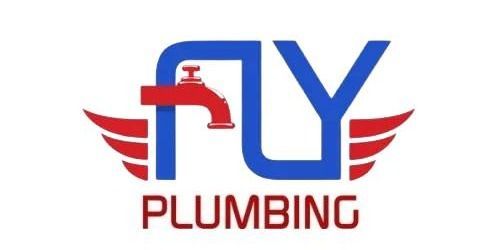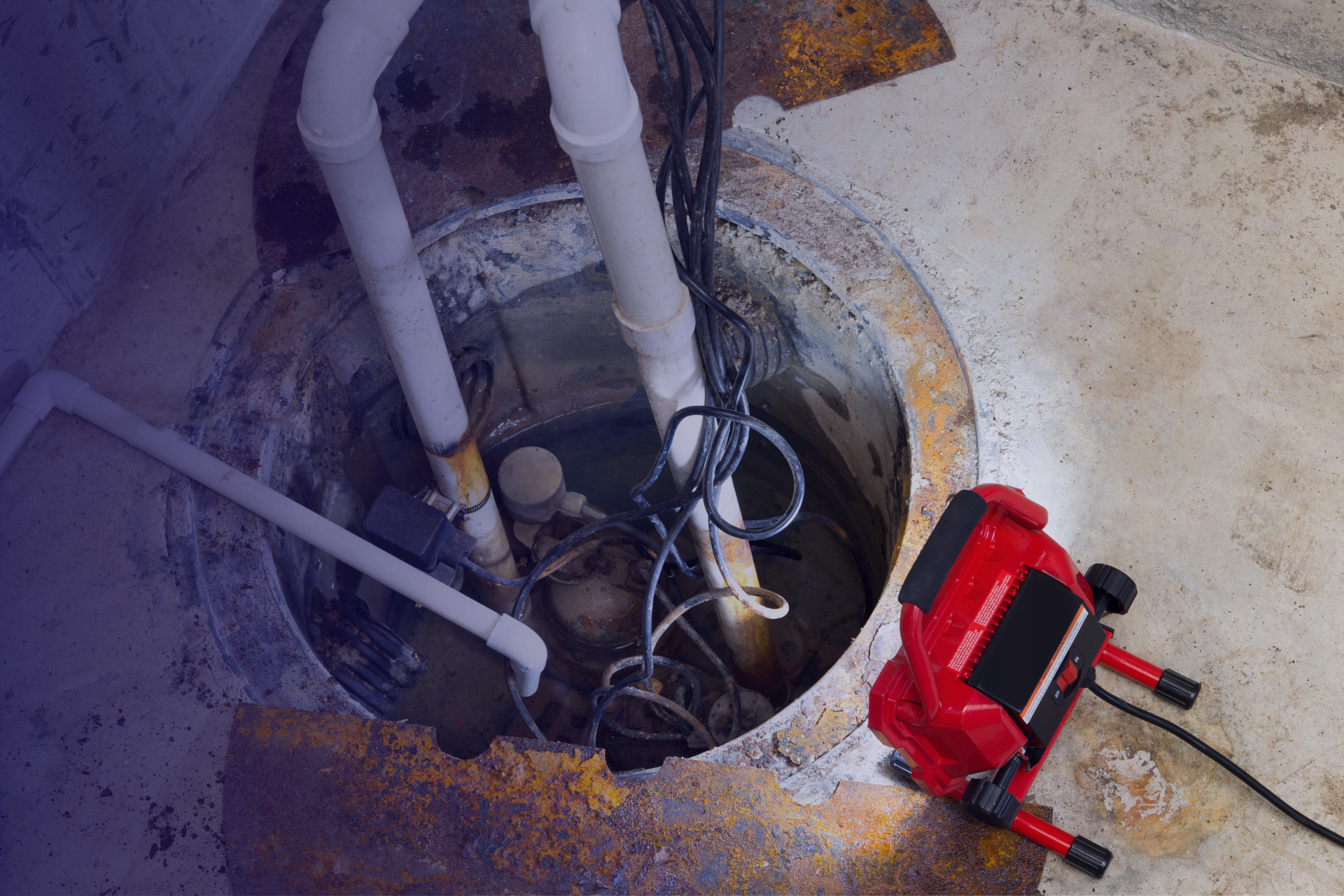Common Plumbing Myths Debunked
Taking good care of the plumbing in your Wheeling, IL home is critical to maintaining a healthy, habitable environment. After all, this system routes waste and wastewater away from the building while bringing fresh, potable water in. Unfortunately, widespread misconceptions about residential plumbing systems could prove more harmful than outright negligence. To help you avoid unnecessary plumbing issues, the following are seven common plumbing myths and what the truth is.
1. Hot Water Will Flush Grease Out of Your Pipes
Although high temperatures keep solid fats liquid, you should never pour grease down your drains, even when chasing it with hot water. Running hot water will move rendered fats out of your sink, but the water and the fat will eventually cool as they travel through your pipes. All rendered fats and cooking oils should be cooled and disposed of in closed containers. Not only does this prevent thick, greasy build-ups and eventual pipe blockages, but it also protects the municipal water supply.
Cold Water Won’t Work Either
Some believe that flushing rendered fats down drains with cold water is much better. In theory, rendered fats should instantly solidify when subjected to extreme cold, passing through the plumbing system without building up on pipe walls. Flushing oils and grease down your drains with water at any temperature will invariably lead to serious plumbing issues.
2. Flushable Wipes Are Safe to Flush
Countless personal care products are being marketed as “flushable” when they aren’t. Despite being small enough to reliably clear commodes, flushable wipes of any type can cause serious plumbing and sewer problems. These wipes don’t degrade in water as rapidly as standard toilet paper does. In fact, some flushable wipes can remain intact even after remaining submerged for months. Made with synthetic polymers and other reinforcements, they also have a knack for attracting and retaining fats. This can lead to clogs in your drainage system and create massive obstructions in municipal sewer systems.
If tree roots or weeds have encroached upon the sewer line that travels from your home to the sewer main, flushable wipes can also get snagged. These obstructions inhibit the movement of solid waste and wastewater and may even lead to dangerous, whole-house backups.
The only things that should ever go down your toilets are human waste and toilet paper. Everything else belongs in the trash bin. Freestanding and integrated bidets are plumbing-friendly alternatives to flushable wipes. They’re also a far more cost-effective solution in the long run.
3. It’s Safe to Use Chemical Drain Cleaners
Chemical drain cleaners get a lot of bad press, and for good reason. Notwithstanding this, they are still heavily advertised and readily available at most general and hardware stores. Many convenience stores and gas stations even stock these products on their shelves. When people aren’t willing to pay for professional drain cleaning services, these low-cost solutions can seem like a safe and effective way to get the job done.
Unfortunately, chemical drain cleaners aren’t safe for your plumbing system or you. Getting these caustic and corrosive agents in your eyes or on your skin can result in serious burns and permanent damage. Even simply breathing their fumes can lead to a trip to the emergency room. Although you can mitigate the risks of sustaining injuries when using drain cleaners by ventilating the area, wearing safety goggles, and covering up, there’s always the potential of having them fail. When these products can’t clear a clog, you’ll have both an unchecked blockage and highly contaminated water.
Usually only effective for breaking up light blockages of soap scum, organic waste, and hair, chemical drain cleaners can wreak havoc on residential plumbing systems when they get trapped in pipes. They eat through surrounding materials indiscriminately, and they can undermine the integrity of your pipes and create major leaks in seemingly no time.
4. Baking Soda and White Vinegar Can Clear Clogs
When mixed, baking soda and white vinegar undergo an impressive foaming reaction. This combination is great for freshening up dirty, smelly drains. It breaks up soft, organic materials, clears out biofilm and other slime, and leaves drains cleaner and fresher-smelling. However, if you have a clogged sink or a slow-moving drain, don’t expect baking soda and white vinegar to have a significant impact. This popular, do-it-yourself drain cleaning technique is best used as part of your ongoing drain maintenance rather than for troubleshooting. The safest way to clear blocked and slow-moving drains is by scheduling a drain cleaning service like hydro-jetting or hydro-steaming.
5. Garbage Disposals Are for Eliminating Food Waste
According to most plumbers, the term “garbage disposal” is a misnomer and a dangerous one at that. It implies that it’s safe to use this appliance to grind up all of your unwanted goods. This notion leads consumers to dump everything into their disposals, from fruit and potato peelings to coffee grinds and eggshells. However, it’s best to place your food waste in the trash and leave your garbage disposal with only light scraps.
Depositing the wrong things in these units can weaken, jam, or damage their impeller blades. It can also lead to foul odors, clogs, and a burned-out motor. Rather than being a catch-all for the leftovers you don’t want, your garbage disposal is meant to break down the random waste that finds its way into your sink after you’ve done your due diligence
6. Faucet Leaks Aren’t a Big Deal
Leaky faucets capture consumers’ attention when the sounds of dripping water become annoying and disruptive. Few plumbing issues will make homeowners take fast action like the tortuous and continuous beat of a leaking faucet. However, you might have a faucet leak in a remote or inconspicuous area that doesn’t bother you much and doesn’t feel like a big deal. This could be a leaky hose bib at the exterior of your home, a laundry room basin, or a guest bathroom faucet.
\
According to the United States Environmental Protection Agency (EPA), a faucet that drips just once per second can waste up to 3,000 gallons of water in one year. Rather than paying money to let fresh water flow down your drains, it’s best to have leaks repaired immediately.
7. Your Pipes Can’t Freeze If Your Heater Is On
Among the most costly plumbing misconceptions is the idea that pipes cannot freeze when heating systems are on. Even if your thermostat has a reasonable setting and your living space feels toasty and warm, there are still pipes inside and outside of the building that cannot benefit from these conditions. These include pipes in under-sink areas, exposed pipes in basements, attached garages, and attics, and pipes at the exterior of the building.
You should insulate all of your exposed pipes before the outside temperature plummets. During times of extremely cold weather, you can also open up under-sink cabinets to let warm air from your living space flow in. These measures are especially important when turning your heater down and leaving your home for a winter vacation.
We help residents of Wheeling, IL make informed decisions about their plumbing systems. We offer outstanding emergency plumbing, HVAC, duct cleaning, and air quality services. For expert plumbing maintenance or repairs, contact Fly Plumbing & HVAC today!
Would You Like to Speak to Us Right Now?
We’re available 24/7 because plumbing emergencies can strike anytime. Call now to speak with a representative!


224-215-0580
QUICK LINKS
STAY CONNECTED
Join our newsletter and find out more
Contact Us
Thank you for signing up for our newsletter pre-launch list! We are in the process of creating our monthly newsletter.
Please try again later
Our Mission:
When we look at our customers, we see our friends and family. Treating our customers like family is our method to providing continual top-of-the-industry service. As a family-owned and operated company, we strive every day to be better than we were the day before. It is this mindset that continues to give our customers confidence that their homes are in good hands. Everyone needs a plumber they can trust. The best decision you can make is to trust us.
All Rights Reserved | Fly Plumbing | License: #055 043945. Privacy Policy.










